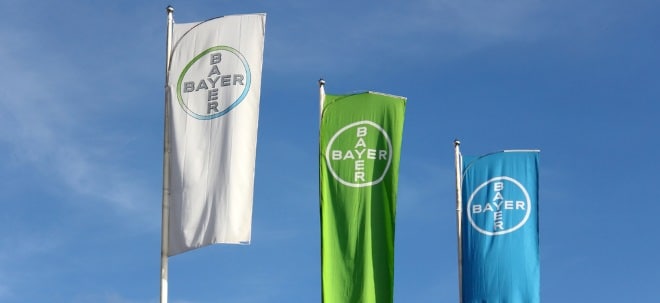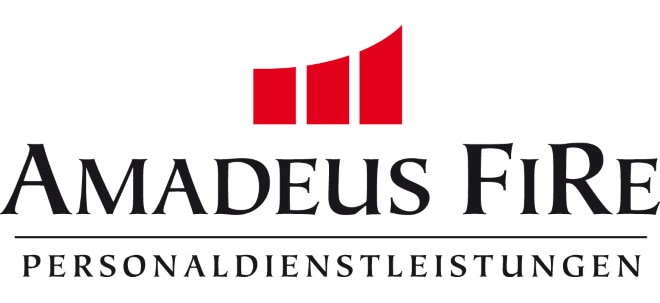By Geoffrey A. Fowler
Far Eastern Economic Review
July 17, 2003
How's this for people-watching? On bustling Nanjing Lu, Shanghai's main shopping strip, Kevin Lin and a posse of researchers monitor the passers-by outside a potential Starbucks store site with hand-held counting devices, tallying likely customers.
A trendy 20-something couple walk past. "They're definitely a click," says Lin. Next, an unlikely prospect--a woman in her 50s wearing comfortable slacks strolls by. "Actually, she'd get a click, too. She looked in the window of that boutique. We attract adventurous people," says Lin, vice-president of the coffee-store chain's Shanghai joint-venture partner, the Shanghai President Coffee Corp.
The researchers aren't revealing how many clicks it takes to justify a Chinese Starbucks. That's because the secret to United States-based Starbucks Coffee International's plan to open hundreds of cafés in greater China isn't in the coffee beans--it's in the location.
As Starbucks launches an aggressive expansion in China, a coffee frontier steeped in nearly 5,000 years of tea, its location-scouting skills and marketing savvy will be put to the test. The goal: to build hip hangouts that tap into a new taste for China's emerging middle class--to see and be seen, without breaking the bank.
That means people like Charles Lo. "I prefer the taste of tea," says Lo, who drinks tea at home but coffee in public. Along with coffee at his local Starbucks café, Lo purchases something very much in demand in China these days, and something that Starbucks is expert in creating: an experience, a lifestyle. "It's an attitude," he says.
Though Starbucks is still hardly known in China, with 69 stores, it's taking a big bet. The Seattle-based company announced last week that it would increase its stake in its Shanghai and Taiwan joint venture with President Coffee from 5% to 50%. Elsewhere, Starbucks opens stores in Guangzhou, its third mainland Chinese city, later this year, and aims to open hundreds more in the coming two years.
The China push may be the ultimate test of the brand's lifestyle-oriented marketing approach. Starbucks China doesn't plan any advertising, promotions, or other marketing strategies, aside from sponsoring an on-line coffee club and the occasional office-tower coffee tasting. Instead, the company is counting on selecting such high-visibility, high-traffic café locations that they market themselves. "Our main advertising medium is the store itself," says Lin.
But in fast-changing Chinese cities, finding locations that will embody the right lifestyle is more akin to gambling than science. Real-estate know-how is a hallmark of Starbucks worldwide, but the computerized mapping databases that the company uses to test a potential street corner in the United States would be little help in Chinese cities.
"In the U.S., if you see a mall, it will probably still be there in two years," says Ernest Luk, vice-president of finance for Starbucks Coffee Asia-Pacific. "A year passes by in a Chinese location, and you almost won't know your way around there any more," he says.
The ultimate decision to open a location is based on the mix of pavement-traffic analysis, location-based buzz and local real-estate savvy. A team of "hot-spot" seekers traces the paths that link where potential customers live, work and play, then takes photos and develops a list of ideal sites. According to P. J. Tan, director of asset development for Starbucks Coffee Asia-Pacific, a map on the wall of the Shanghai Starbucks office plots current and potential sites. Certain pins mark high-profile cafés that help build a customer base and broad recognition, providing a foundation for new cafés, marked with different pins. (The map is so secret, Starbucks won't even let a reporter see it.)
Yet Starbucks faces an uphill battle. Walking the tightrope between hip and Western is difficult in China. After Starbucks opened a store in Beijing's hallowed Forbidden City in December 2000, outraged local media reported that 70% of people they surveyed would rather not see the chain there.
And even for middle-class Chinese, Starbucks is a barely affordable luxury. At a price of 22 renminbi ($2.65), even a medium latté takes a bite out of the monthly disposable income of an average three-person Shanghainese household: about $143 in April 2003. Starbucks has no plans to cut prices, and says that, in a Shanghai survey, most of its customers said they were happy with the charges.
Retailers say a top marketing weapon in urban China is to charge more for public consumption, where price can serve as an indicator of quality and sophistication. That's because Chinese customers have different priorities than their American yuppie counterparts. "Guys 40 years old are not coffee drinkers, but if the environment is good and the coffee is not bad, they'll come back," says Starbucks' Lin. Tweaks to the furniture, store layout, artwork and food options make Starbucks more friendly to Chinese eyes, but coffee remains the core offering.
"The Starbucks proposition in China is huge. But people don't go there for the coffee. They go there to present themselves as modern Chinese in a public setting," says Tom Doctoroff, the North Asia managing director of ad firm J. Walter Thompson. By contrast, high-end underwear maker Victoria's Secret would flop in China, Doctoroff says, because the high-priced underwear isn't visible. "Chinese are proudly conspicuous consumers," he says.
And since he's pushing the "Starbucks experience," not just coffee, Lin isn't worried about competition from copycat cafés such as Taiwan-based Dante Coffee, Japan-based Manave Coffee and even McDonald's McCafé. "It's helpful to have more coffee out there, to make people aware of it. But because of our high quality and service, I believe that the high-end coffee drinkers will still come to us," he says.
But creating a coffee habit is not guaranteed, says Doctoroff. "Keeping up with the Zhangs costs money and the vast majority of the 'newly affluent' don't have a lot of cash on hand. So they are highly selective," he says. "In the long run, are they tapping into what the Chinese really like to drink?"
MFG |


 Thread abonnieren
Thread abonnieren

